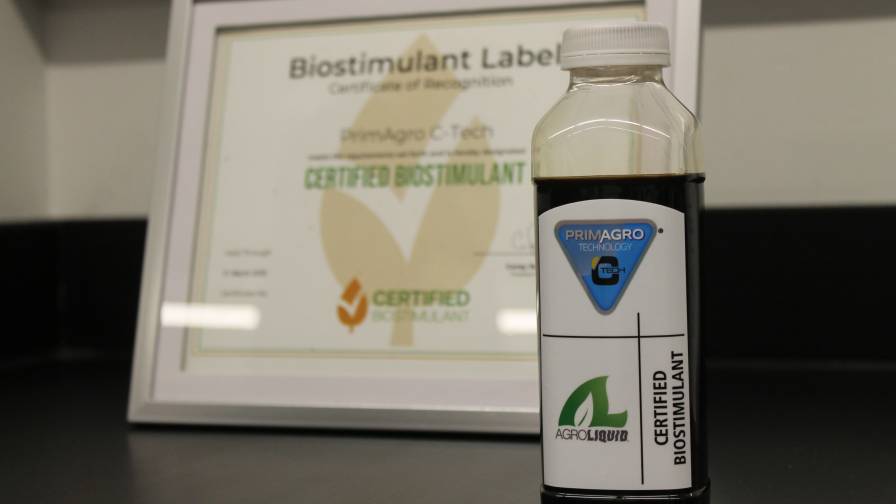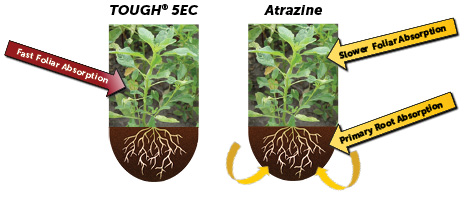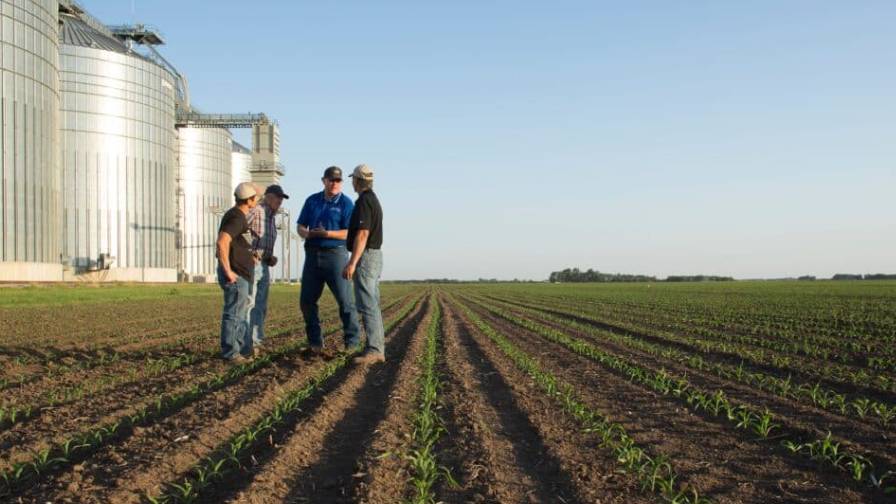Zone Management in Precision Agriculture: 10 Key Questions to Ask Before Implementing Change
As we move closer to another planting season, it’s time to start making decisions on our crop management plan. One of the most difficult decisions that can be made is moving from a uniform management program into a variable rate management program, and deciding on the multitude of ways that variable rate programs can be built as for many producers a one size fits all may or may not fit depending on their goals.
There can be many questions to ask when coming up with a zone strategy, and multiple opinions, science, and gut feelings when speaking to agronomists and service providers about how to get started or continually improving zone management.
Just some of the few questions producers may begin thinking of when moving to a zone-based approach may be:
- Which type of sampling is right for me?
- What zones are correct?
- Can my management practices handle what I’m looking for?
- What can I do pre-plant, at planting, in season, and postseason on a zone basis?
- Am I concerned with fixed layers like soil or moving variables like nutrient levels?
- What can my service providers or my equipment handle for zones?
- What uses will I have for zones? Fertility once, twice, three times, planting, fungicide?
- How will I setup my soil sampling program to enhance or create zones?
- What are the limiting factors for production on my fields?
- What has been my past production and what can I do to look at future potential?
Zone management can be a challenge for many different reasons, including trying to find a one size fits all approach when some of the questions above may take multiple zones or approaches of art and science to create. Multiple service providers and regions can provide options for creating zones, but who is right? Zone management can be difficult in that there may be multiple “correct” ways of building a program depending on how the above questions were answered. Zone management is also difficult because it can be a moving target based on different seasons, weather impacts, crops and technology changes, and management practices that may evolve or differ over time.
The moral of the zone management story is that there are lots of different options available to producers, and that doing something is the first start into understanding where the next step in the zone process may be. Everyone can be right in their approach and to meeting the goals of the producer, and ensuring these goals are met and continuously looked at to improve is key.
Am I more concerned with making correct irrigation based on soil types or am I looking to address fertility build with my soil samples and variable rate my in-season fertility on crop potential? Maybe I am looking at doing both and need to look at zones as having different setups and goals for what I can do on the farm. I may have zones built for my soil on irrigation, zones built for yield potential off of soil samples, in-season zones built for fungicide or nitrogen application — and each can portray a different goal in mind to work together for success on farm.
Doing anything is better than doing nothing in the journey to variable rate programs, and not being afraid to change things around and update zones can continually boost productivity and profitability where it is seen across the farm. Ideally, we would have a different zone or application based on past history, current conditions, and future forecasts for each input we applied to the ground, but practicality, price, and benefit must always be weighted towards the process.
Getting started with zones can be stressful, as there are tons of facts and opinions about it available and everyone can be right in their approach. Making sure as a producer that the provider and the process meets your goals is the first step to ensuring zone management meets your criteria and moves you through the process of coming up with what works in your area, your crops, your management style, and your personal preference.
Ensure you are working with a trusted advisor who can listen to your goals and strategy and bring insights to your fields and process that you are comfortable with in your journey. Enjoy the 2020 season and be safe as it will go by fast!






